Over the past decade, Pune has experienced a significant increase in the number of properties availing tax rebates for rainwater harvesting. This shift highlights a growing awareness among property owners about the importance of water conservation. However, despite this progress, the overall adoption of rainwater harvesting practices in the city remains less widespread than desired. This article delves into the trends, challenges, and opportunities related to rainwater harvesting in Pune, offering insights into the city's efforts to tackle water scarcity.
The Rise in Tax Rebates for Rainwater Harvesting
According to data from the Pune Municipal Corporation (PMC), the number of properties benefiting from tax discounts specifically for rainwater harvesting has surged nearly tenfold in the last decade. In 2012-2013, only 306 properties availed of these tax benefits. By 2022-2023, this number had risen dramatically to 3,716. This increase is a positive indication of growing environmental consciousness among Pune's residents, yet it also highlights the need for further action to ensure wider adoption of rainwater harvesting practices.
The PMC has been proactive in encouraging water conservation by offering a tax rebate of up to 10% for the installation of rainwater harvesting systems, solar panels, and vermicomposting units. While the response to solar and vermicomposting installations has been notably higher, the slower uptake of rainwater harvesting systems suggests that additional efforts are required to raise awareness about their benefits.
Mandating Rainwater Harvesting in New Constructions
In response to Pune's recurring water scarcity issues, the PMC made it mandatory in 2006 for all new buildings to install rainwater harvesting systems as a condition for receiving building permissions. This policy was designed to embed sustainable water management practices into the city's urban development. To promote compliance, the PMC has utilized various channels, including social media campaigns, to raise awareness about the importance of rainwater harvesting.
The municipal administration has also taken the lead by installing rainwater harvesting systems in its properties, such as the PMC headquarters in Shivajinagar, civic schools, ward offices, and hospitals. Despite these initiatives, there is still a considerable gap in the adoption of rainwater harvesting across the city. As per PMC data, there are approximately 12.5 lakh properties within civic areas liable to pay property tax, and around 2 lakh private bungalows and individual properties are deemed suitable for installing these systems. The potential increases to nearly 3 lakh properties when including newly merged areas.
Water Conservation as a Civic Priority
Water conservation, particularly through rainwater harvesting, has been a key topic of discussion at both local and state levels. During the state assembly's monsoon session, local Members of the Legislative Assembly (MLAs) raised concerns about Pune's water scarcity, prompting Deputy Chief Minister Devendra Fadnavis to emphasize the need for stricter scrutiny of PMC's rainwater harvesting policies. Fadnavis advocated for new constructions to mandatorily include rainwater harvesting systems, aligning with the PMC’s existing policy.
To further promote water conservation, the PMC has issued guidelines for commercial establishments, food joints, and educational institutions. These guidelines emphasize the importance of water recycling, reducing wastage, and maintaining water infrastructure, such as repairing water tanks and taps. Nandkishor Jagtap, head of PMC’s water supply department, stressed the necessity for these establishments to implement rainwater harvesting measures, recognizing it as a crucial step toward sustainable water management.
Maha Metro’s Role in Rainwater Harvesting
The efforts to promote rainwater harvesting in Pune are not limited to the PMC. The Maha Metro, responsible for the city's metro rail project, has also taken proactive steps in this direction. According to Hemant Sonawane, Executive Director of Maha Metro, rainwater harvesting systems have been installed at all elevated metro stations and along the metro viaducts. There are also plans to implement similar systems at metro depots and administrative offices. This initiative demonstrates a commitment to integrating sustainable practices into large-scale infrastructure projects, setting an example for other organizations and sectors to follow.
Challenges and the Road Ahead
Despite the progress made, challenges remain in the broader adoption of rainwater harvesting in Pune. One of the primary obstacles is the lack of awareness and understanding of the long-term benefits of rainwater harvesting. Many property owners are either unaware of the tax rebates available or are hesitant to invest in rainwater harvesting systems due to perceived costs or maintenance concerns.
Pune's journey toward widespread adoption of rainwater harvesting is a work in progress. While the increase in properties availing tax rebates is encouraging, much remains to be done to ensure that rainwater harvesting becomes a standard practice across the city. Continued efforts from the PMC, Maha Metro, and other stakeholders are essential to promote awareness, provide incentives, and enforce regulations. As Pune continues to grow and develop, adopting sustainable water management practices like rainwater harvesting will be crucial to securing the city's future water needs.

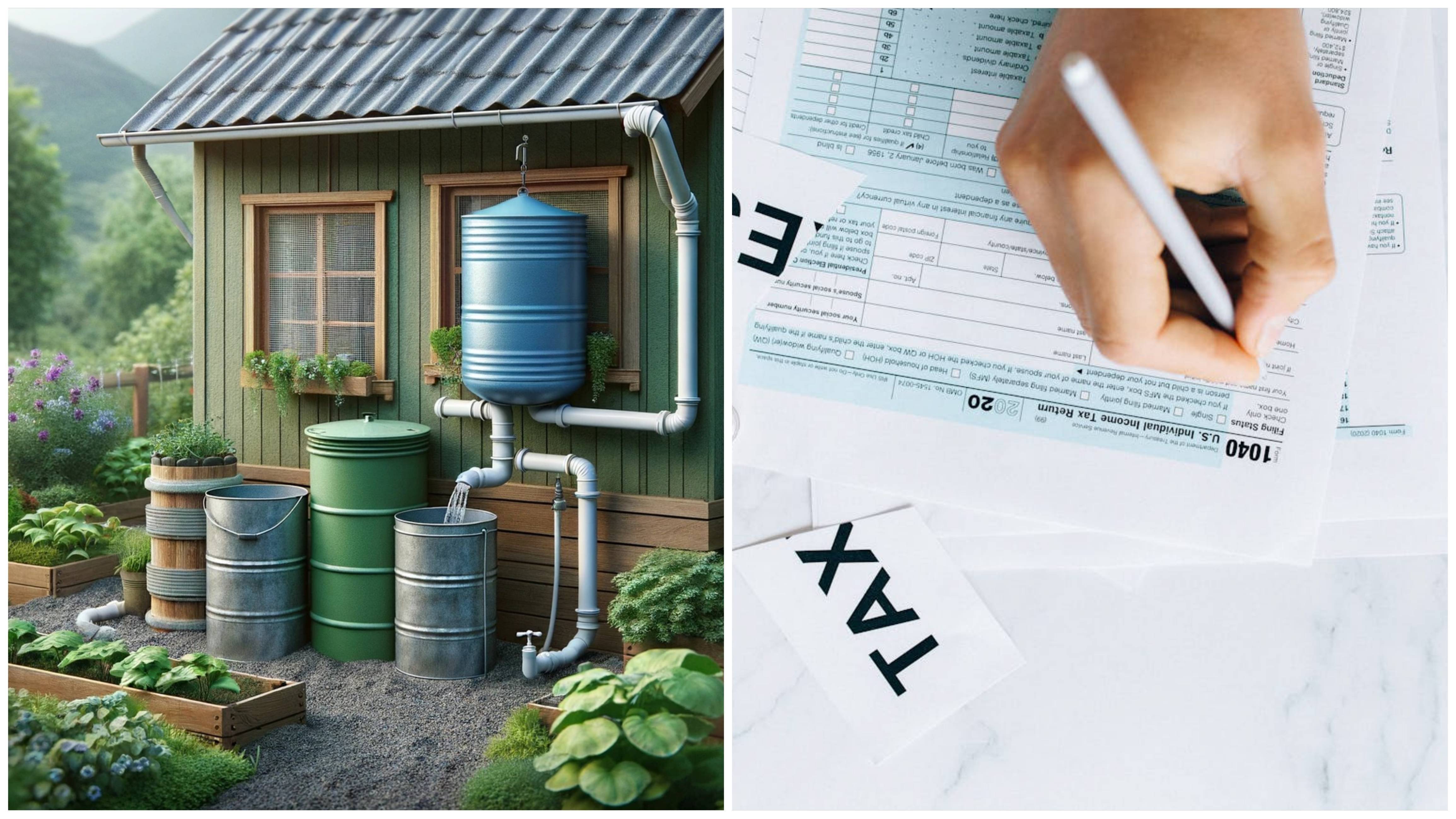

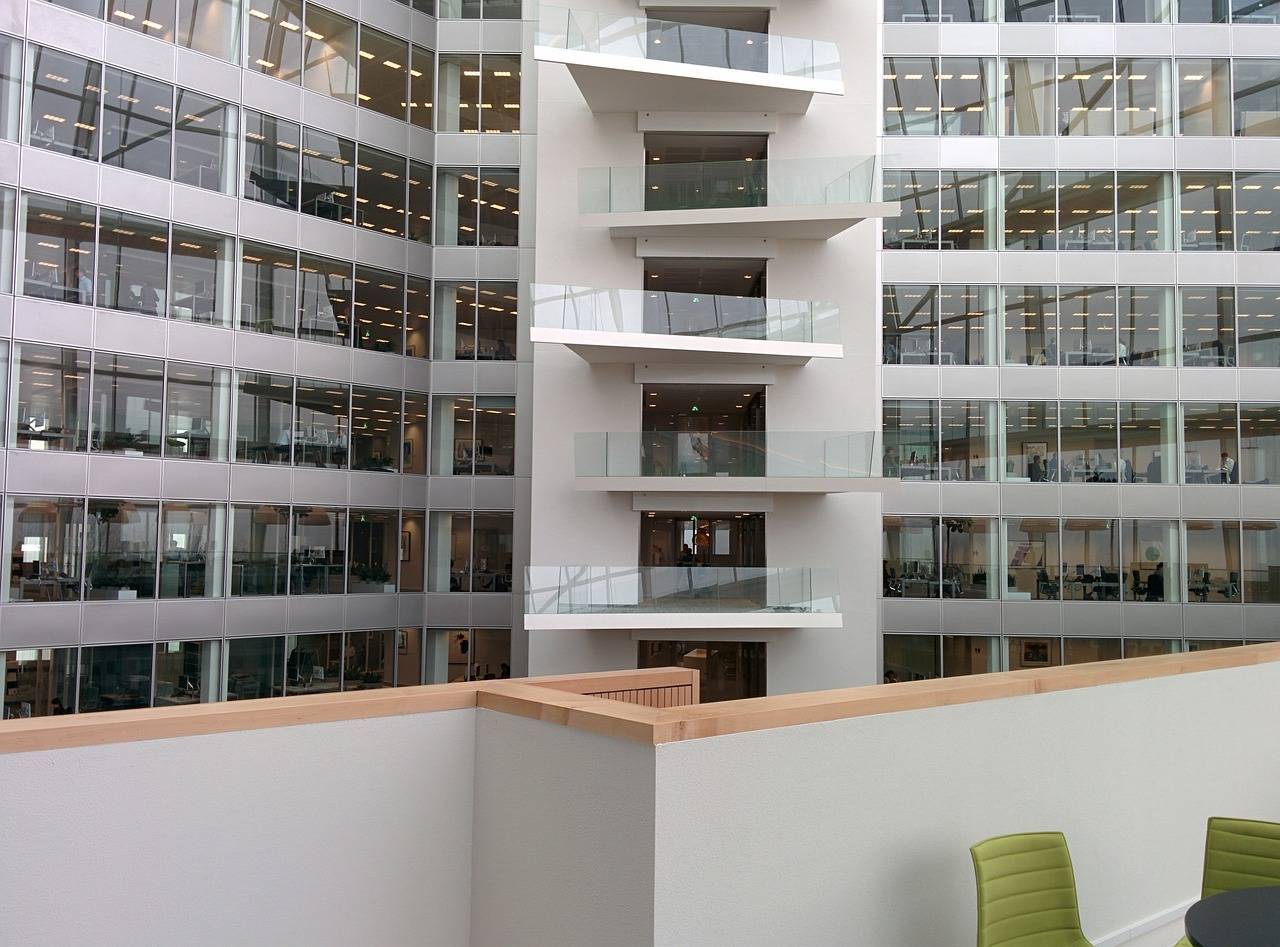
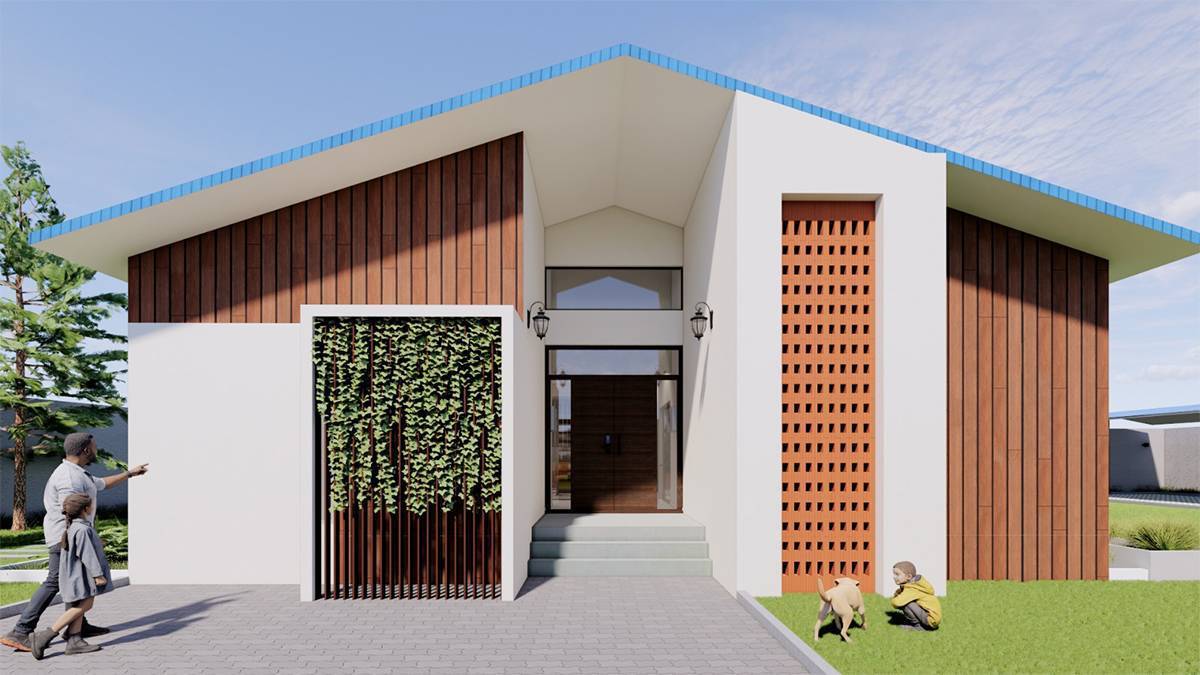
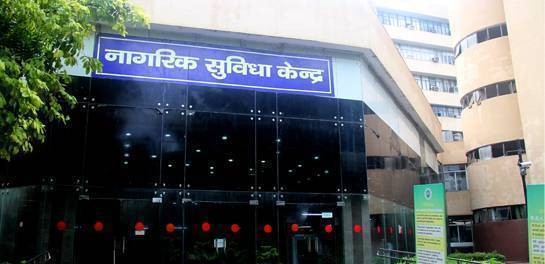
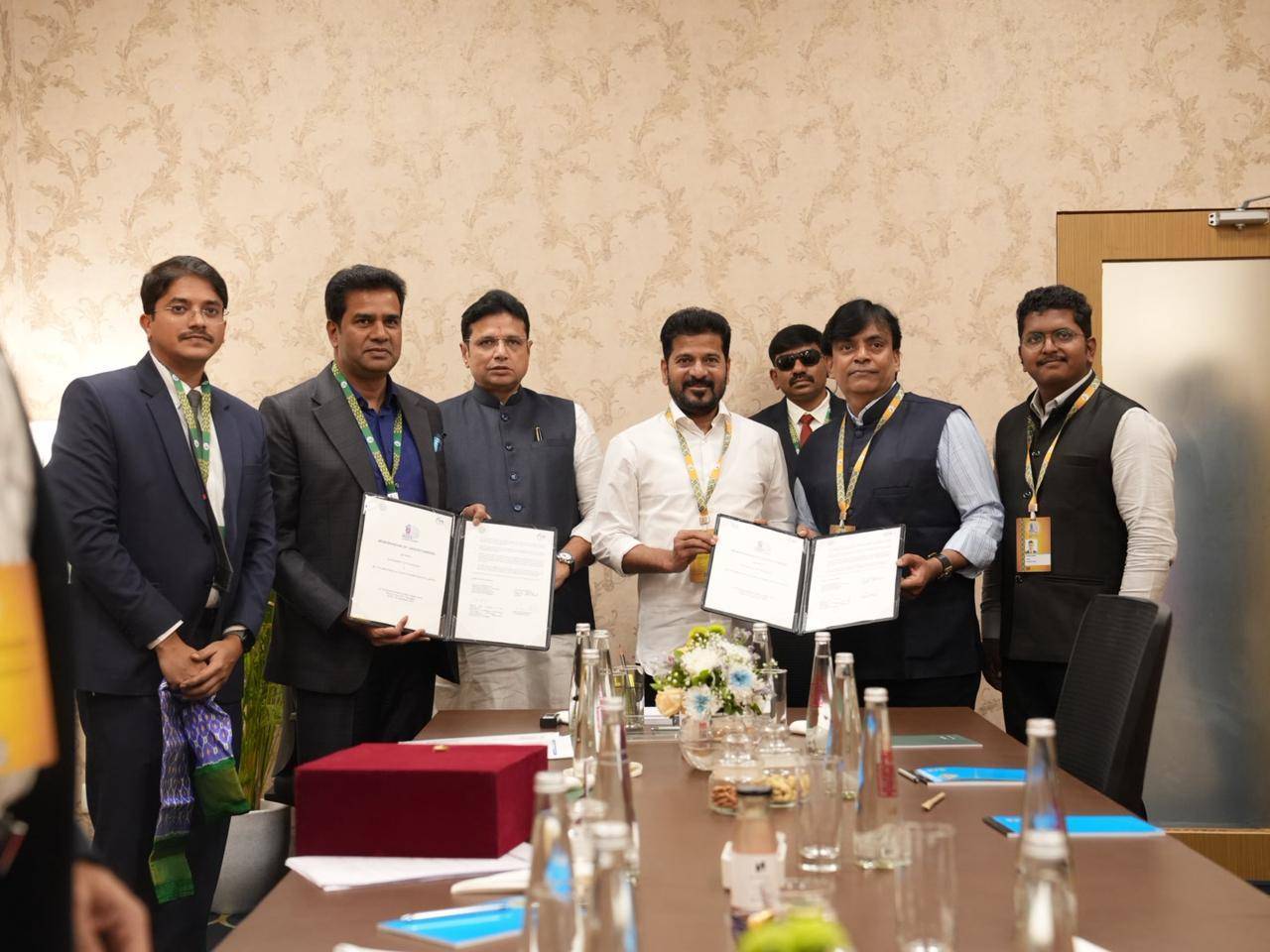

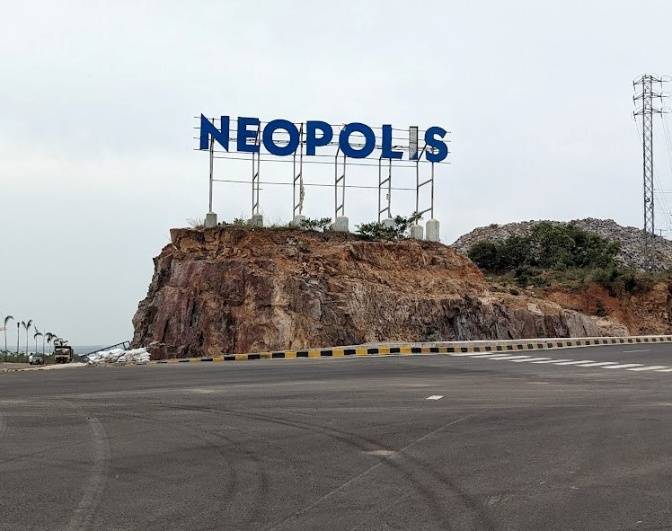
.png)